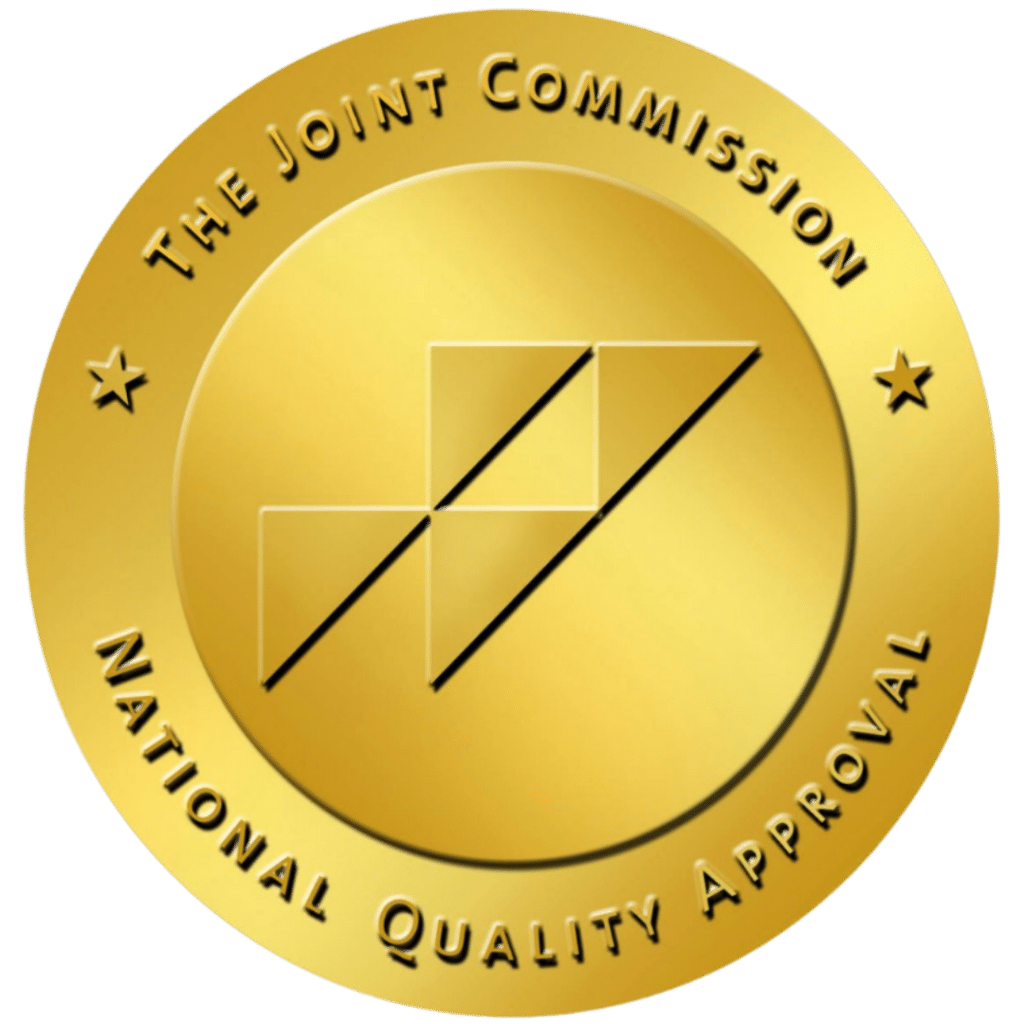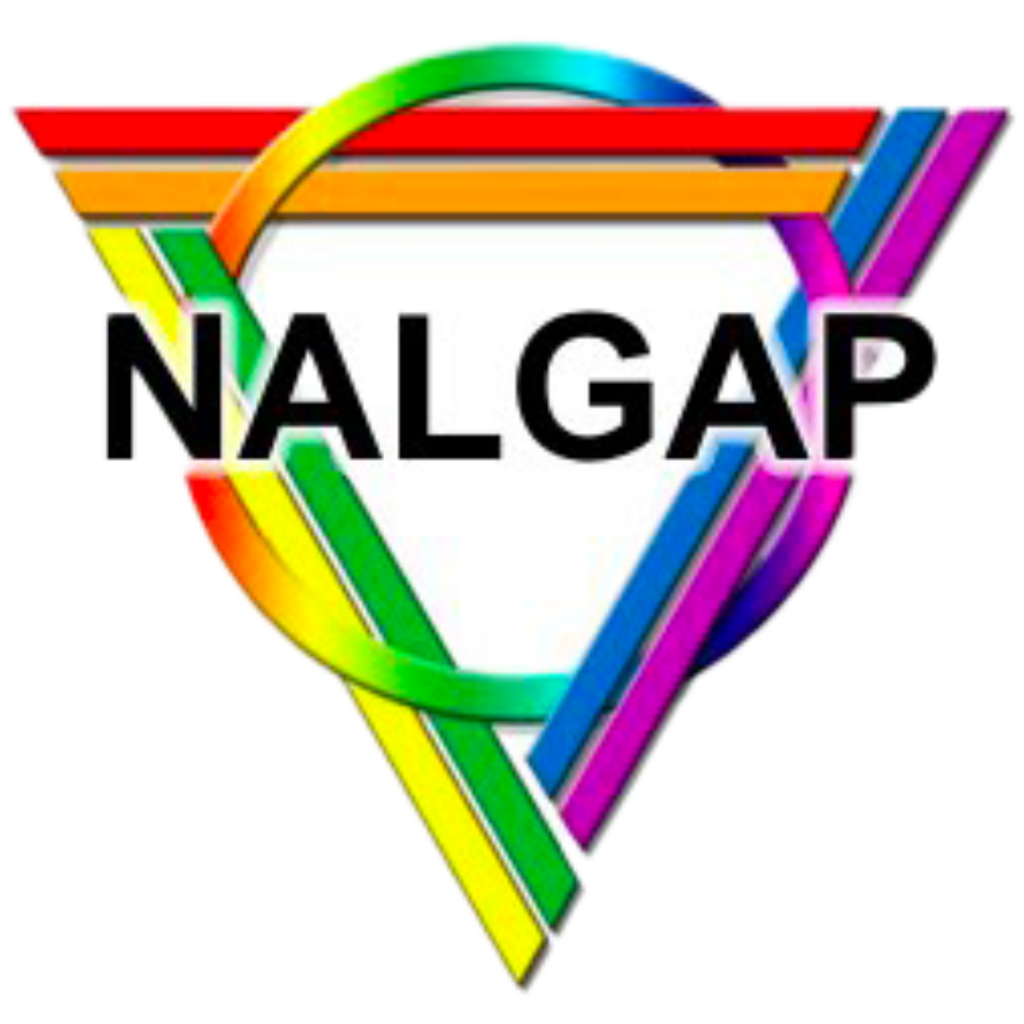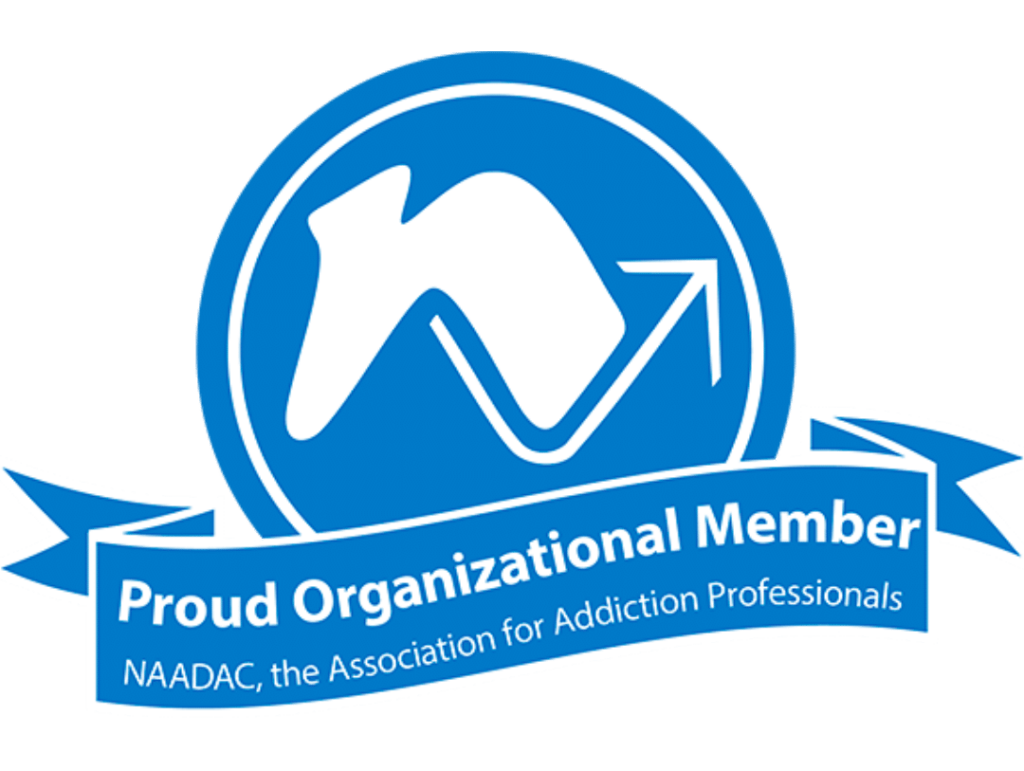Relapse is often a normal part of addiction recovery. According to research, around 40-60% of people in recovery will relapse at some point. Addiction is a chronic, relapsing disease, and just like other chronic diseases, relapse is always a risk. Relapse is tough on both the individual who relapses and their loved ones. However, it’s important to know that addiction relapse doesn’t mean that treatment didn’t work, or sobriety will never be achievable.
If you’re concerned that you or a loved one is at risk of returning to alcohol or drug abuse, there are several addiction relapse warning signs you should be aware of. Researchers have identified three predictable stages of relapse: emotional relapse, mental relapse, and physical relapse. There are different signs of relapse within each stage. Paying attention to these relapse warning signs can help you prevent a drug relapse before it happens.
Emotional Relapse
An emotional relapse is usually the first stage of relapse. At this point, you aren’t thinking about using drugs or alcohol again, but stress, triggers, or difficult situations are bringing up emotions and negative thoughts that fueled substance abuse in the past. Despite these feelings, you aren’t using the healthy coping skills you know can help. You may brush off these early relapse warning signs and feel overconfident about your ability to manage intense emotions and thoughts without turning to drugs and alcohol. Signs of emotional relapse include:
#1 Isolation
Isolation and loneliness are known relapse risk factors. There are many ways people isolate in recovery. Perhaps you’ve stopped attending recovery meetings like Alcoholics Anonymous, Narcotics Anonymous, and SMART Recovery. Maybe you’ve quit participating in the alumni program at the substance abuse treatment center you attended. Avoiding friends and family, cancelling therapy appointments, or skirting social activities are signs of isolation as well.
Isolation can be an important sign of relapse for loved ones. If the individual in recovery is declining invitations, not answering phone calls and texts, or not participating in usual social activities, check in with them to make sure they’re okay.
#2 Decline in Self-Care
Most addiction treatment programs teach the importance of self-care as critical components of relapse prevention. If you’ve stopped doing the things you know help you feel good so you’re better able to resist drugs and alcohol, pay attention. Self-care can be anything from exercising, eating right, and getting enough sleep to attending individual therapy or keeping up with medication-assisted treatment for heroin addiction or opioid addiction.
A decline in self-care is another warning sign of relapse loved ones can look out for. You may not know if the individual in recovery is keeping up with therapy, appointments, or exercise, but you can look for more obvious indicators. If you notice basic self-care slipping, like hygiene, eating habits, or physical upkeep, this could be a sign your loved one is relapsing.
#3 Depression, Anxiety, and Mood Changes
Studies show that people with depression and anxiety are at higher risk for addiction relapse. Mental health can impact relapse in a couple of ways. If you’re not following through with practices known to manage depression or anxiety symptoms like therapy and medication, you’re putting yourself at risk for relapse. People in recovery with co-occurring disorders need to treat mental health symptoms so they aren’t tempted to self-medicate them with drugs and alcohol.
On the other hand, relapse can be triggered by a general feeling of irritability, discontent, or low mood that is common especially in early recovery. This can result from experiences like:
- Stress
- Poor self-care
- General worry about sobriety
- Loss of motivation for recovery practices
- Boredom and isolation
Mental Relapse
Emotional relapse can fuel mental relapse. Without addressing difficult emotions, thoughts, and situations in healthy ways, your mind may wander toward memories of substance abuse as an escape. At first, you may try convincing yourself that you wouldn’t actually use drugs and alcohol again, but as mental relapse progresses, you may fantasize about getting relief from drugs and alcohol — how it would feel, and how you would do it. You might even start developing a plan for relapse.
Here are some warnings signs of mental relapse:
#4 Romanticizing Your Active Addiction
A significant relapse warning sign is becoming nostalgic for your old lifestyle. When you’re in a bad place emotionally, it’s tempting to forget about the pain, loss, heartache, and misery that came with substance abuse. You may daydream about past substance use that you found fun or relieving and disregard all the memories of bad experiences.
#5 Hanging Out With Friends Who Use
You may start engaging in behaviors that you know are relapse triggers. This can include talking to or seeing old friends who still abuse drugs and alcohol. Hanging out in places where you used substances or where you’re likely to run into your old friends is also a red flag.
#6 Minimizing the Consequences of Relapsing
During a mental relapse, you may start downplaying the danger of “just one drink” or “just one hit.” If you’ve been through substance abuse treatment, you know that addiction is a disease and when you’re in recovery, there’s no such thing as moderation when it comes to using drugs and alcohol. Having one drink or one hit is playing with fire. Furthermore, if you’ve been sober for awhile, taking drugs like heroin or opioids can put you at high risk for overdose because you have no way of knowing how much of the drug your body can handle now.
#7 Developing Cross Addictions
More research on cross addictions is needed, but it occurs when you replace one addiction with another. For example, perhaps you were addicted to heroin, but you start abusing alcohol or marijuana because you’ve convinced yourself it’s not as bad. Maybe you start coping with life through another destructive behavior, such as an eating disorder or compulsive gambling.
Cross addiction is another sign of relapse that loved ones can look out for. If you notice the individual in recovery engaging in compulsive behaviors or using “less serious” substances, it is a definite indication that they need help.
#8 Cravings
Addiction changes your brain’s reward center. Research shows that repeated drug and alcohol abuse creates strong associations between the brain’s reward center and places, people, and situations tied to past substance abuse. Just encountering these things can bring on powerful urges and cravings. If you’re at the point where you don’t try to avoid relapse triggers or are intentionally seeking them out, you can expect some cravings and urges. This is pretty much throwing down the gauntlet between you and recovery, and it’s time to get help.
#9 Making a Plan to Relapse
When you’re teetering between mental relapse and physical relapse, you’re avoiding relapse warning signs and your intent is to use drugs and alcohol. You may be telling yourself things like, “I can handle this. It will just be this once. I won’t return to active addiction.” You’re mapping out the details of alcohol and drug relapse, such as when, how, and with whom it will take place. You can still change your course. Now is the time to call your sponsor, tell a loved one, or check yourself into a treatment center.
Physical Relapse
A physical relapse is when you’re drinking or using drugs again.
#10 Slip or Full-Blown Relapse
Some addiction experts talk about a return to substance use as a slip or relapse. A slip may seem to come out of nowhere. It can be triggered by an unforeseen event like a death, job loss, or unexpected trigger. A slip is usually a one-time event where you immediately feel regret and want to get back to sobriety. A relapse is a longer-term slip
into drug or alcohol abuse. During a relapse, you fall into your old lifestyle and may not have a desire to get sober for some time.
What to Do if You’ve Relapsed
If you’ve relapsed, don’t throw in the towel on your sobriety. Addiction relapse is a signal that you still have work to do. You’ll learn from this and move forward in sobriety — stronger, and with a better handle on what you need for long-term recovery. Depending on the severity of relapse, perhaps you can get back on track with outpatient treatment or by increasing the frequency of individual therapy, support groups, and other critical relapse prevention resources. Returning to a drug or alcohol addiction treatment center may be the best decision in some cases.
If you’re the loved one of an individual who’s relapsed, it’s important not to blame or shame them. This will only put them on the defense and make them feel worse, which could encourage a further spiral into substance abuse. The individual who’s relapsed is likely already putting an immense amount of shame and blame on themselves. Read about relapse, and why it happens, as well as what to do when a loved one relapses.
We Can Help
Relapse is not a failure, it’s an opportunity. If you or a loved one has started abusing drugs or alcohol again, we can help. Footprints to Recovery drug rehab centers specialize in evidence-based addiction treatment that addresses underlying issues, which can lead to substance abuse and relapse like:
- Trauma
- Unhealthy coping skills
- Dual diagnosis
- Stress
- Low self-worth
- Unhealthy attachment styles
We’ll work with you to identify the reasons why you used drugs and alcohol again and create a comprehensive relapse prevention plan. Our recovery centers offer a full continuum of care that includes:
- Drug and alcohol detox
- Inpatient addiction treatment
- Partial hospitalization programs
- Intensive outpatient programs
- Outpatient treatment programs
- Sober living programs
Loved ones get help too through family therapy and addiction education. You’ll learn about the signs of relapse and healthier ways to support each other and better communicate.
We understand what you’re going through. Call us for a free, confidential consultation and learn how we can help.
References
- https://www.drugabuse.gov/publications/drugs-brains-behavior-science-addiction/treatment-recovery
- https://www.drugabuse.gov/publications/media-guide/science-drug-use-addiction-basics
- https://www.ncbi.nlm.nih.gov/books/NBK551500/
- https://www.sciencedirect.com/science/article/pii/S0306460318308542
- https://www.ncbi.nlm.nih.gov/books/NBK424849/
- https://www.ncbi.nlm.nih.gov/pmc/articles/PMC4797944/









